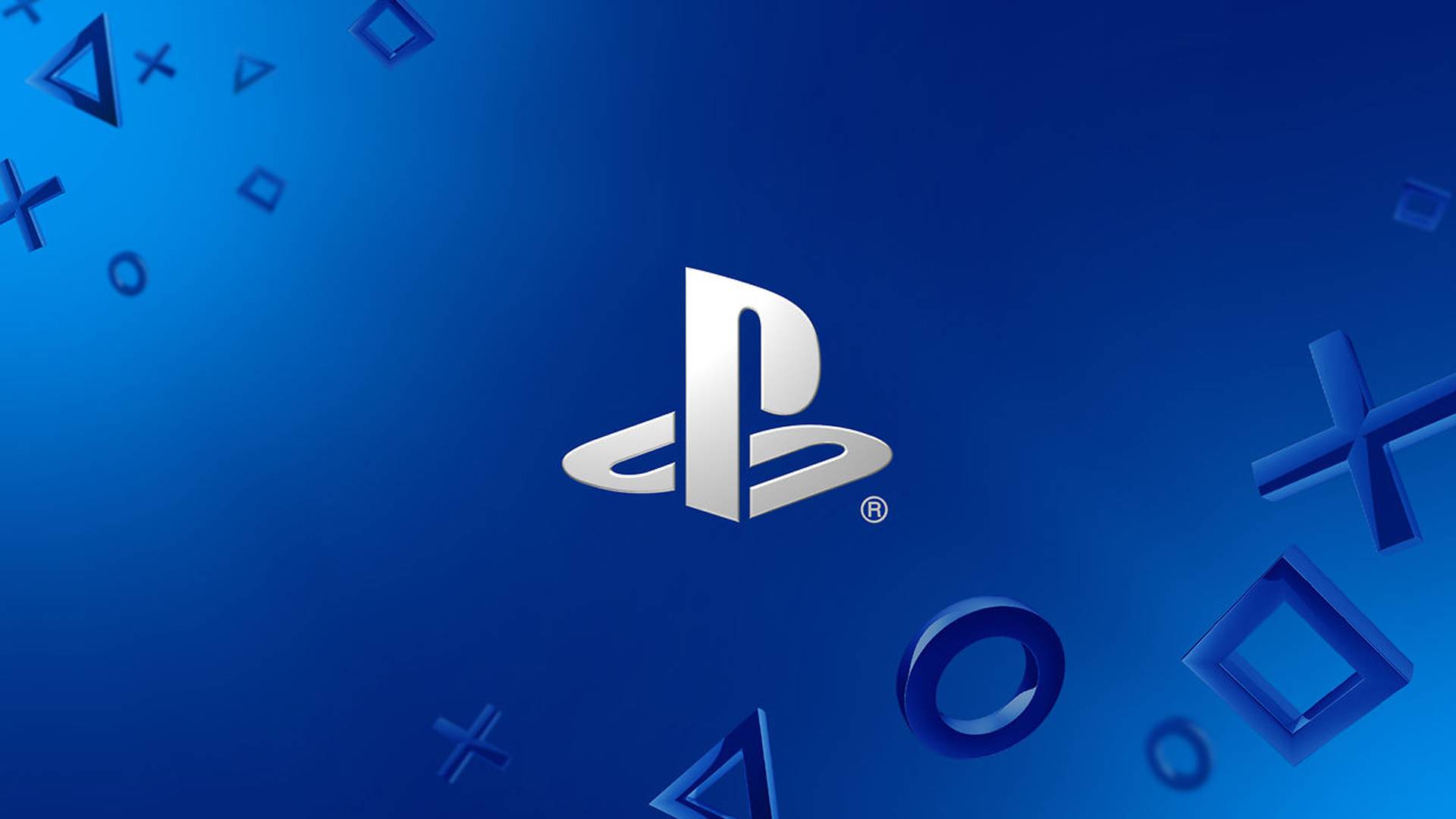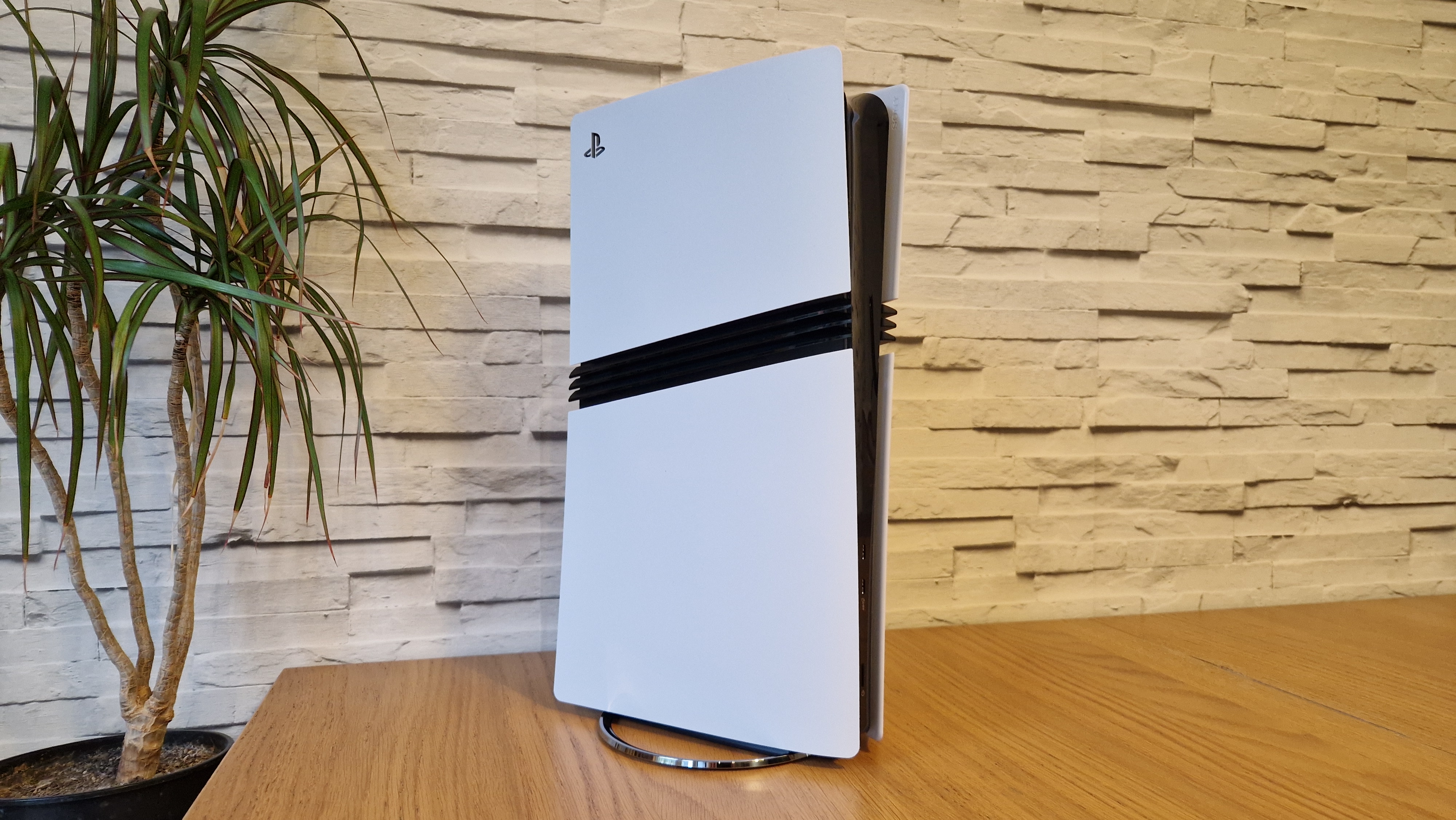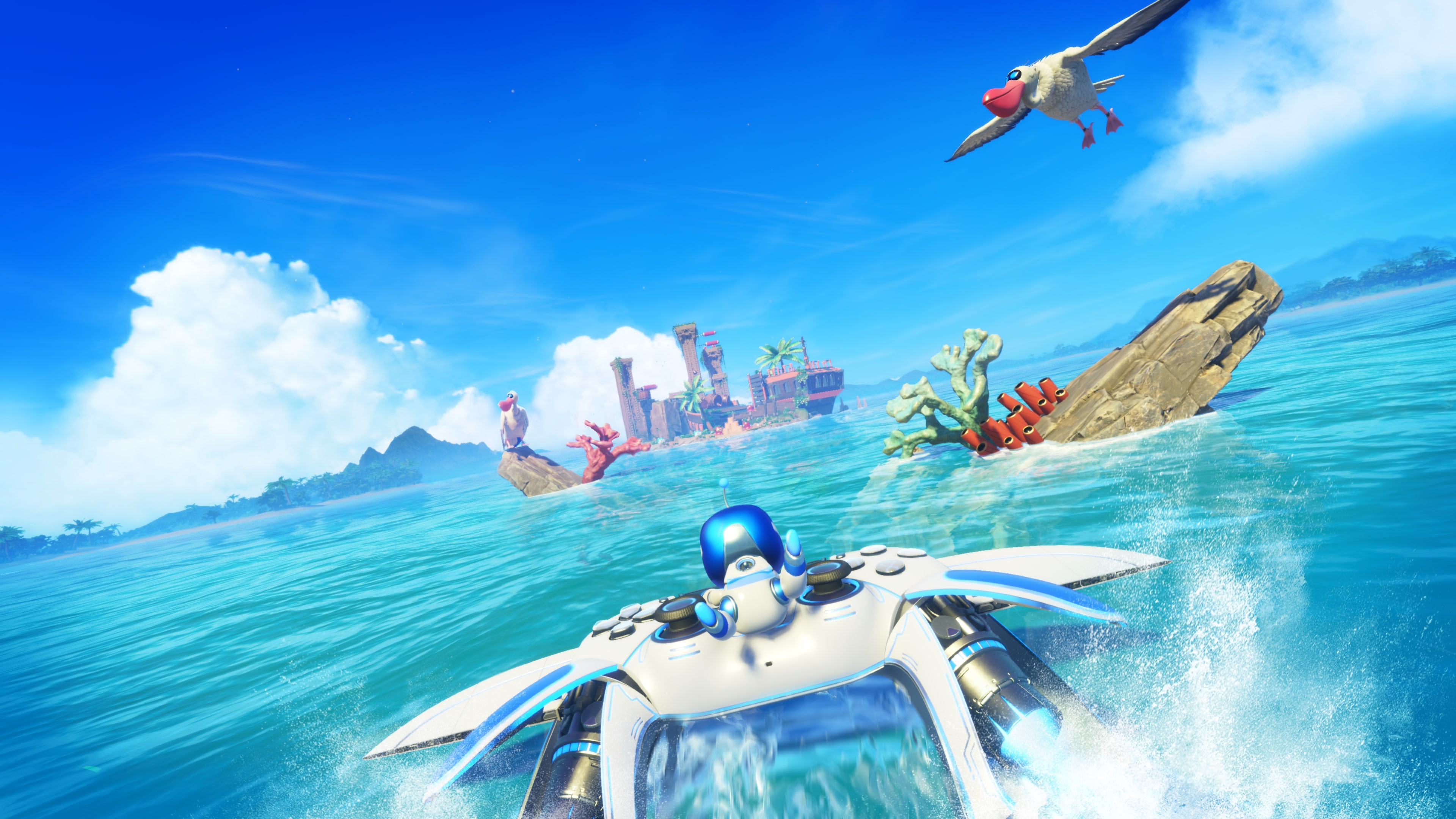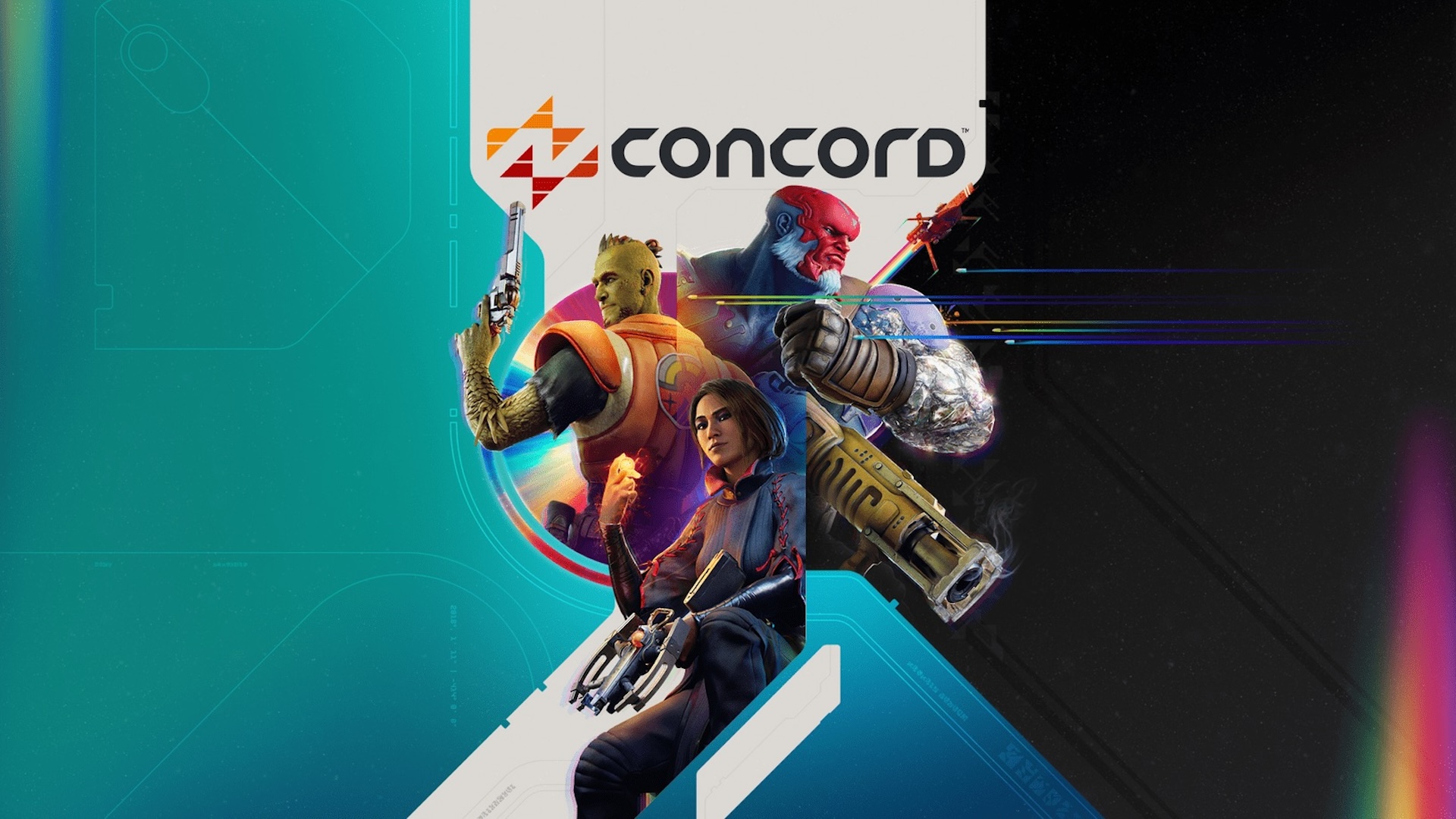
Sony continues to dominate console gaming and if nothing else 2024 showed that even in a relatively quiet year, PlayStation can just keep on trucking.
We didn’t get a whole heap of exclusives, but the ones we got were meaningful additions to the publisher’s portfolio (except that one), and while the new hardware still feels a little superfluous, it sets up an exciting 2025 for the likes of Ghost of Yotei.
The brand also celebrated its 30th Anniversary, with hardware variants and fan-favorite themes thanking players for their part in its journey - and with such a comfortable lead over Xbox, it feels it’ll continue ever onwards.
Did we need the new hardware?

The PS5 remains a very capable console that, while not as strong as the Xbox Series X on paper, certainly doesn’t feel like it needed a hardware revision - but that’s what we got. The PS5 Pro is a tougher sell than the PS4 Pro, though. That console promised 4K, which made sense at the time given the surge in 4K TV adoption. The PS5 Pro offers new graphical modes in some games, and while it’s largely been successful in finding a balance when having to choose between 4K resolution and 60fps fluidity, it’s really in developers’ hands now.
On the one hand, that means the likes of Insomniac can get even more out of 2023’s Marvel’s Spider-Man 2, but equally Bungie hasn’t released any PS5 Pro enhancements for Destiny 2 - despite being a Sony first-party studio now.
More developers are adding PS5 Pro patches, but at such a high asking price, it makes it a tough sell right now. As games start to see upgrades and new releases like Monster Hunter Wilds arrive, expect adoption to pick up, but for now the PS5 Pro is a “nice to have” rather than a “must have”.
Sticking with hardware, PSVR 2 added some fresh features and PC compatibility, but it remains a niche product that feels like Sony has begun to move away from already.
We also saw the release of the new PlayStation Pulse Elite headset, which we dubbed “the next evolution of official PS5 headsets” in our review. It’s pricey and hefty, but it offers fantastic sound quality and comes with a really interesting development in gaming headsets in the form of planar magnetic drivers.
Finally, Sony celebrated its 30th Anniversary in style. Besides the nostalgic themes that cover PlayStation’s history from 1994 onward, the company released PS5 consoles, controllers, and a hardware bundle in the iconic grey of the PlayStation 1 - albeit in limited numbers which have proved incredibly popular and hard to get hold of, selling out each time stock appeared.
An unlikely hero

On the first-party side of things, Sony’s games-as-a-service push saw polarized fortunes (more on that shortly), while the company tied up deals for the likes of Stellar Blade, Rise of the Ronin, and Black Myth: Wukong - all of which were great games, if not system sellers by themselves.
That put pressure on first-party exclusives to deliver, and while it’d be fair to say Lego Horizon Adventures is fun enough and the Until Dawn Remake still feels somewhat unwarranted, Astro Bot handily offered some of the most fun you can have on PS5.
The little robot has grown from starring in tech demos to becoming a bona fide PlayStation mascot in a world where those things don’t seem to exist as much, offering a fantastic, imaginative platformer that’s right up there with Nintendo’s best.
Sure, it’s not a genre that sees much love on the system (or on Xbox, for that matter), but if Sony has finally realized the power the diminutive droid has, we could be seeing a lot more of him. Especially after Astro Bot took home Game of the Year at The Game Awards 2024.
Games as a service stumbles

Has a publisher ever had two titles with such conflicting responses in the same year before, released within similar genres?
Helldivers 2 caught many off guard in the best way. A sleeper hit that spread like wildfire through word of mouth, the fascism-lampooning PvE shooter became that rare title that captured the imagination of players worldwide as they dropped, dropped, and dropped again on console and PC.
And, while Sony almost killed its golden goose by shifting the goalposts as far as PSN account requirements for PC play were concerned, it proved Sony’s shift to live-service titles wasn’t as foolhardy as some have suspected… at least for a few months.
Concord demonstrated the other side of the coin. A game seemingly developed in a vacuum, it launched in August following a tepid reception to its beta, with promises of weekly story content and excruciatingly detailed cutscenes for players willing to log in. Then, after just two weeks, Sony pulled the plug on the entire game and proceeded to shutter developer Firewalk Studios in October.
It casts doubts on titles like FairGame$ and Marathon, the latter of which comes from Bungie which laid off over 200 employees in August - despite Destiny 2’s latest expansion, The Final Shape, being a critical success.
Elsewhere, with The Last Of Us’ multiplayer title being canceled, we didn't know what flagship studio Naughty Dog was up to until The Game Awards on December 12th. Days Gone’s Bend Studio has been quiet for some time, while Bluepoint’s next project, remake or otherwise, is still unknown.
Perhaps most exciting is the future of Insomniac and Housemarque. While the former’s Marvel’s Wolverine game is surely getting closer to a full reveal, the latter has been quiet since 2021’s excellent Returnal - here’s hoping we hear more from each in due course.
Sony’s year has been relatively quiet, but its new hardware sets up an exciting 2025. Still, its commitment to live-service titles feels like it’ll be under further scrutiny - for every Helldivers 2, there is likely to be more than one Concord, and it remains to be seen whether the publisher will stay the course set by outgoing CEO Jim Ryan.
You might also like...
- The best PS5 games to play right now
- The best PS4 games to go for if you're still rocking the last-gen PlayStation
- PS5 Pro vs PS5: comparing specs, design, dimensions, features, and more







